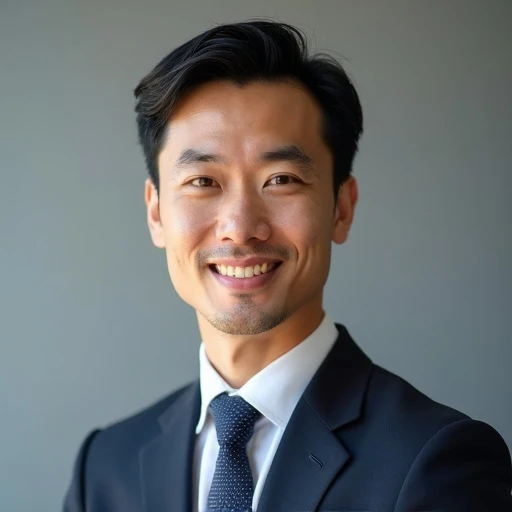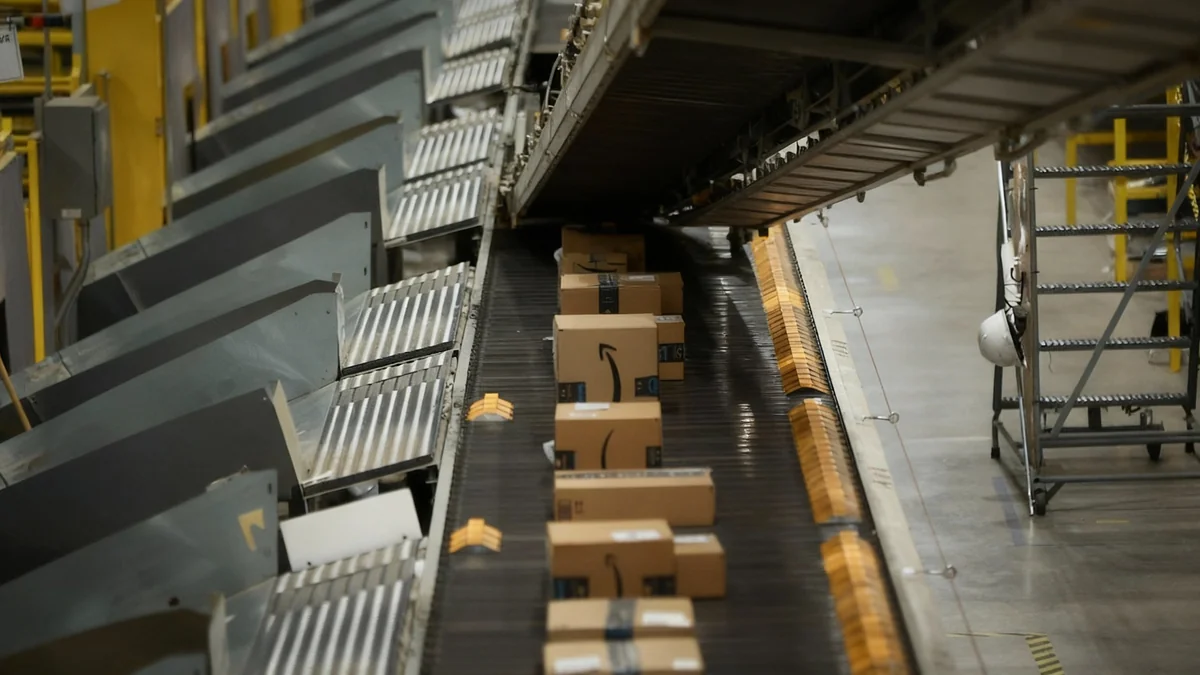Airbnb CEO Brian Chesky is advising recent college graduates to focus on developing timeless human skills as they navigate a challenging job market increasingly shaped by artificial intelligence. Amid growing concerns that AI could replace entry-level positions, Chesky emphasizes that abilities like critical thinking, leadership, and clear communication will remain essential regardless of technological advancements.
His comments come as data reveals a significant decline in opportunities for new entrants to the workforce, raising questions about the future of career development and the role of human talent in an automated world.
Key Takeaways
- Airbnb CEO Brian Chesky advises students to focus on enduring skills like problem-solving, leadership, and communication.
- Entry-level job postings have reportedly fallen by approximately 35% between early 2023 and mid-2025.
- Chesky argues against replacing junior roles with AI, stating it's crucial for developing future leaders.
- While AI can handle routine tasks, it struggles with novel thought and requires constant human direction.
- The CEO suggests that predicting which industries are 'AI-proof' is a losing game; instead, graduates should follow their curiosity and embrace new tools.
Focus on Timeless Abilities Not AI-Proof Careers
In a recent interview, Brian Chesky addressed the anxiety many students feel about their career prospects. He suggested that trying to predict which industries will be safe from AI disruption is a “losing proposition.”
Instead, he urged students to invest in skills that are perpetually valuable. “People should study things they’re interested in, and they should develop skills they’ll always need,” Chesky said.
“You’re always going to need to learn how to solve problems. You’re always going to need to learn to develop leadership skills in most positions... You’re going to always need to learn to think critically and communicate very clearly.”
Chesky believes that despite the transformative power of AI, certain fundamental human needs will persist. “People are going to want connection, people are going to still want relationships. Leadership is still going to matter,” he explained.
Defining Effective Leadership
When asked to define a good leader, Chesky focused on practical skills. He described a good manager as someone who “communicates clearly,” sets “clear objectives,” and is “really, really organized.” He suggested that students can begin honing these skills long before entering the workforce by starting a club or taking on leadership roles in other activities.
The Critical Role of Entry-Level Jobs
A significant concern in the current economic climate is the shrinking number of entry-level positions. This trend not only makes it difficult for graduates to start their careers but also poses a long-term risk to companies.
An analysis from workforce intelligence firm Revelio Labs found that entry-level job postings dropped by roughly 35% from January 2023 to June 2025, highlighting the tightening market for new graduates.
Chesky warned against the temptation for companies to replace these junior roles with AI. He argued that doing so would create a critical gap in the talent pipeline.
“If no young people can get jobs then you have no one in the future to do the highly strategic, leadership positions,” he stated. “So we need to make room for people early in their careers, even if AI can kind of do the interns’ work.”
Understanding the Limits of Artificial Intelligence
While acknowledging that AI models can perform many tasks associated with entry-level jobs, Chesky pointed out their limitations. He noted that current AI systems “have trouble with a lot of novel thoughts” and often “need to be told what to do every step of the way.”
This perspective highlights the continued need for human oversight, creativity, and strategic direction—skills that are developed through experience, often starting in those very entry-level roles that are now under threat.
Contrasting Views in the Tech Industry
Brian Chesky's stance on preserving entry-level jobs contrasts with that of some other major tech leaders. Meta CEO Mark Zuckerberg has suggested that AI will soon be capable of accomplishing the work of lower- to mid-level employees. Similarly, Amazon CEO Andy Jassy wrote about expecting “efficiency gains from using AI extensively” to reduce the company's corporate workforce, which was followed by layoffs affecting thousands of employees.
These differing viewpoints underscore the ongoing debate within the technology sector about how to best integrate AI into the workforce. While some see it primarily as a tool for efficiency and cost-cutting, others, like Chesky, emphasize the importance of balancing automation with human development.
Navigating an Unpredictable Future
Chesky's ultimate advice for students is to remain adaptable and curious. He pointed out the rapid pace of technological change, reminding listeners that just a few years ago, AI was not the dominant topic of conversation it is today.
“Four years ago, no one was talking about AI. So it’s hard to predict exactly where the world will be in five years,” he said. This uncertainty makes it impractical to bet on a specific career path based on current predictions.
His recommendation is to embrace the new technology as a tool while focusing on personal growth. “I would use the AI tools, but I wouldn’t try to predict where the world’s going because all of our predictions have been wrong,” he concluded. “Try to learn the things you think will always be true regardless of technology, and just follow your curiosity.”





